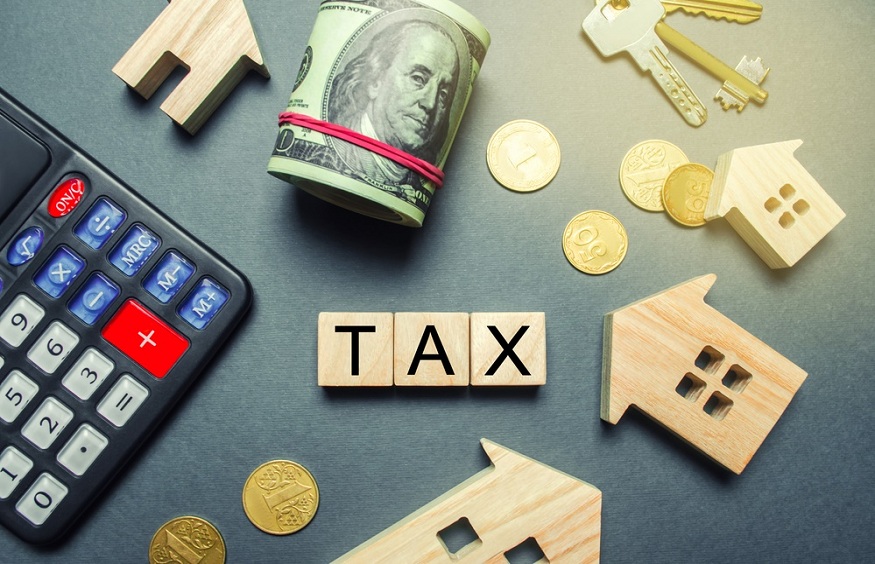Quarterly taxes are the four estimated tax payments you make in a year instead of paying one big lump sum at the end of the year. This allows the IRS to receive funds throughout the year rather than waiting for April for the big payout. If you are self-employed, a freelancer, or a small business owner, you are likely burdened with the responsibility of paying quarterly taxes.
Quarterly taxes help you avoid fines by easing your burden and stress during tax season. There are certain New York-specific state laws that you must consider, depending on your income level, filing status, and credits or deductions for which you are eligible. Making late payments or missing them altogether can lead to significant fines and penalties.
If you are unsure about quarterly taxes, whether you need to pay them or how to do them, do not hesitate to hire help from a professional. A CPA in Mt Kisco, NY, can manage your tax obligations while you focus on earning money.
What are quarterly taxes?
Quarterly taxes are tax payments that are made every three months. These taxes are often filed by small business owners, freelancers, and self-employed individuals. These tax payments are made by people whose taxes were not cut from their income.
These are based on how much a business owner has earned in the past three months. Quarterly tax payments are made throughout the year, unlike annual tax payments, which are usually filed at the end of the year. This helps you avoid a large tax bill at the end of the year.
Penalties for late payments
According to the federal estimated tax system, you must file your taxes in four installments, which are typically due on April 15, June 15, September 15, and January 15 of the following year. This system ensures that everyone files their taxes on time and avoids a large sum of bills at the end of the tax year.
However, if you do not follow these rules strictly or make delays in payments, you can face severe penalties. If you owe more than $1,000 in taxes after deductions and credits, you might have to pay a penalty. If your payments are late, the IRS may charge a penalty of 0.5% for the unpaid amount. This percentage can increase up to 25% in additional delays.
Therefore, if you do not want to load yourself with this additional burden, make sure to file your taxes quarterly.
Who needs to pay quarterly taxes?
Quarterly taxes are filed by people whose incomes are not subject to withholding. If your taxes are not cut automatically, you will need to pay them to the government throughout the year.
Freelancers who work for multiple clients and do not have their taxes deducted from their paychecks must pay quarterly taxes. It is important to know that a freelancer’s income is not fixed and can fluctuate throughout the year. Therefore, it is important to keep track of income while filing taxes.
Small business owners and entrepreneurs should also pay quarterly taxes. Business owners who are partners need to report their business income on their personal tax returns. This includes any income from which the taxes were not deducted.
Landlords also fall into the category of taxpayers who need to make quarterly payments. Their source of income is rental properties, which are not subject to withholding. This makes it essential for landlords to estimate the profits and pay taxes based on their earnings.
Lastly, investors who have large capital gains may also need to pay quarterly taxes. Income from investments, such as stocks or mutual funds, is not subject to withholding. Therefore, investors should estimate how much they will earn from investments and pay taxes on them timely.
Stay ahead of your tax responsibilities!
Taxes can be confusing, even for the most experienced businessman ever. Hire a CPA today for peace of mind!





